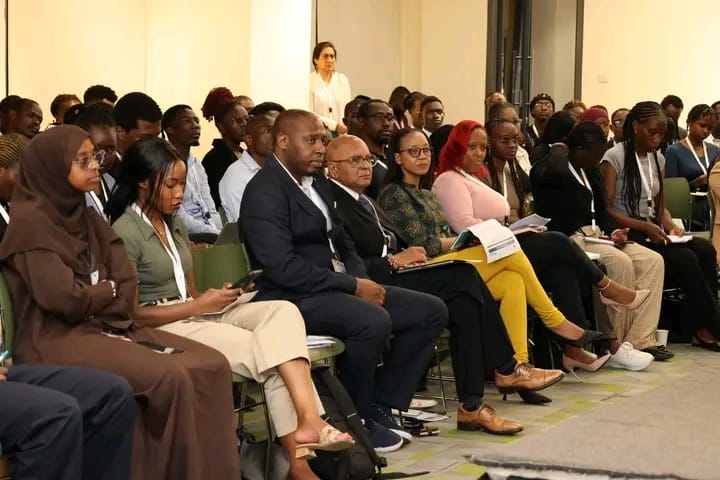By Sharon Atieno
Suicide, particularly among youths, remains a significant health burden in Africa, with stigma, limited awareness and scarce access to mental health services worsening the situation.
According to the World Health Organization (WHO), every year, more than 700,000 people around the world die by suicide. In Africa, the rate of suicide is significantly high at nearly 12 people per 100,000 compared to the global average of around nine. Most deaths by suicide occur between 15 and 29 years.
“When young people are silenced by stigma or denied access to affordable care, we all fail. Suicide prevention must become everyone’s business,” said Prof. Zul Merali, Founding Director, the Brain and Mind Institute (BMI) at the Aga Khan University.
He observed that suicide prevention cannot be a purview of a single sector. It requires a collaborative effort from different stakeholder,s including researchers, policy makers and community members at large.
Prof. Merali was speaking during a high-level forum “Making Suicide Everyone’s Business: Hope in Action”, in recognition of World Suicide Prevention Day (marked annually on 10 September). The event was convened by BMI and the Science for Africa Foundation.
The forum explored how stigma continues to silence conversations around suicide, the need to reframe public narratives, and strategies for expanding affordable, youth-friendly access to mental health services.
Dr. Judith Omumbo, Head of Programmes, Science for Africa Foundation, also stressed the need for cross-sector collaboration. “Suicide is not a marginal issue. It’s not a concern for health systems alone. It touches every layer of society, families, schools, workplaces, faith communities, government, and other communities across our continent. Preventing it must therefore be everyone’s business, and if each of us accepts our responsibility, then together we can turn this fear into hope and action,” she said.
Dr. Omumbo underscored the role of churches and faith communities to provide hope, reduce stigma and support individuals in their deepest needs.
Besides, she noted the need to utilize digital solutions and technology to bridge significant treatment gaps and extend reach to rural and underserved areas, where mental health services are often lacking.
According to Chido Rwafa Madzvamutse, WHO Regional Office for Africa, suicide and suicidal thoughts in the continent are often stigmatized and surrounded by shame, making it difficult for those affected to express themselves.
Calling for the need to decriminalize suicide, Madzvamutse said: “Stigma and shame are intensified where suicide is considered a criminal offence; this often leads to underreporting of suicide deaths.”
To address the issue of low mental health specialists in the region, Dr. Linette Ongeri, Senior scientist, Kenya Medical Research Institute (KEMRI), noted that there is need to task share.
“Task sharing can be by training teachers, by training community health workers, and involving counselors to make sure that there is supervision and also making sure the protocol is being followed,” she said.
Dr. Ongeri also called for the need to push for funding for suicide prevention strategies. This includes training and equipping people, especially, gatekeepers such as teachers, health workers and religious leaders. This is because they are the first point of contact.
Suicide and a history of suicidal attempt are among the largest risks to suicide. Others include being in humanitarian and fragile settings, depression, anxiety or prior history of self-harm, harmful alcohol and drugs, as well as chronic illness.
The forum represented a critical step toward fostering collaborative, evidence-based, and community–driven approaches to suicide prevention in Kenya and across Africa. By centering youth voices, strengthening policy responses, and grounding solutions in evidence, the initiative aims to reduce stigma, improve access to care, and inspire collective action that saves lives.







